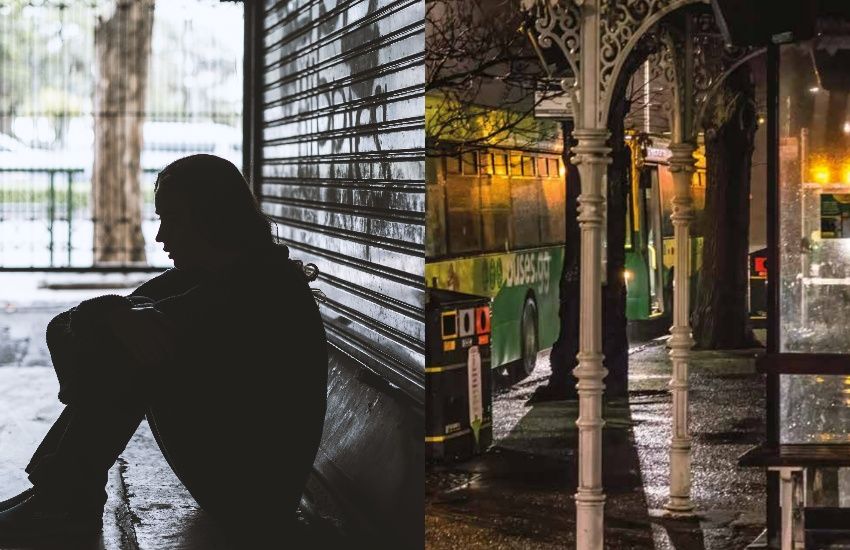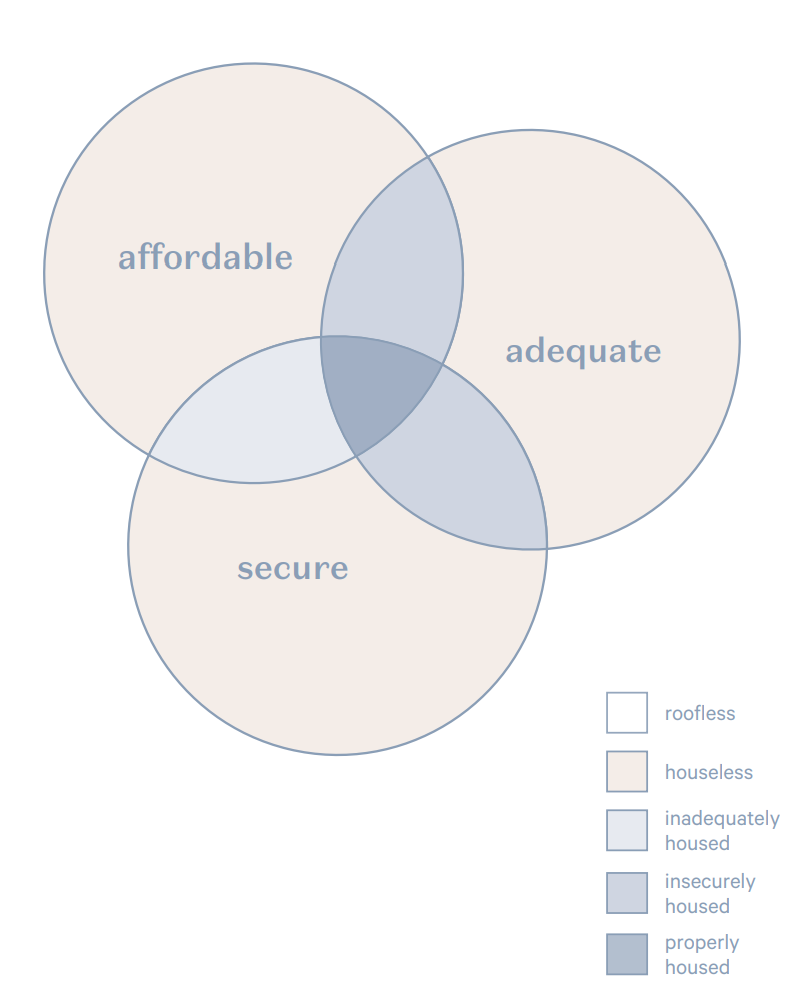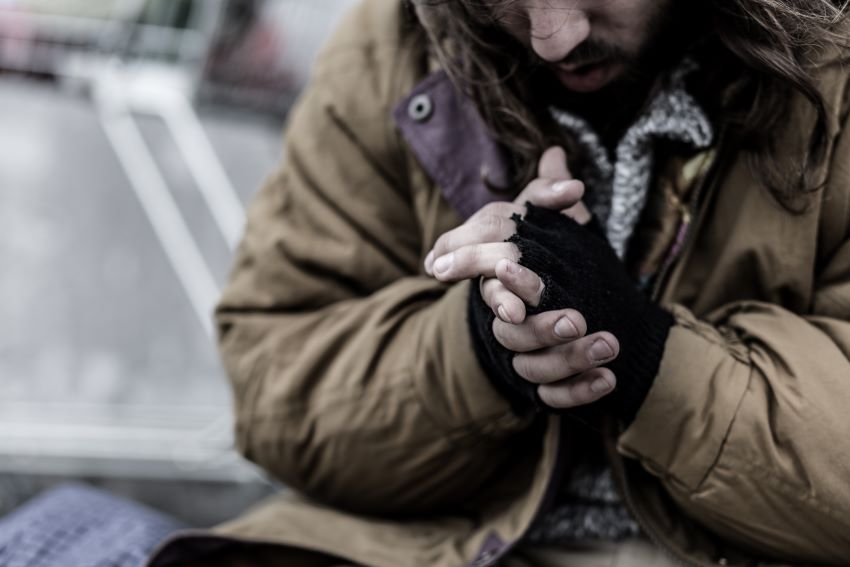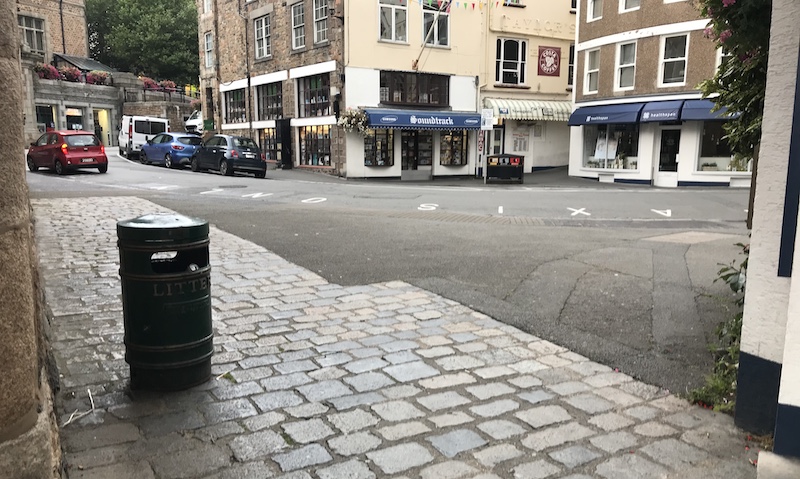


Prisoners with nowhere to go, young people sofa-surfing, desperate families struggling to live... these are the stories gathered by the Guernsey Community Foundation and published in a harrowing and extensive new report on homelessness in Guernsey.
The report was commissioned in 2021 by Maison St Pierre, a local homelessness charity, and it has revealed a wide-ranging issue of homelessness in Guernsey.
Key findings include, the average monthly rental being equivalent of 78% of lower quartile earnings, the number of people waiting for social housing reaching a 12-year high, and the emergency housing facility, St Julian’s House, being unfit for purpose.
Who is considered homeless and how many homeless people are there?
The report defines someone as homeless if they are missing at least two of the following three characteristics from their current living situation; affordability, adequacy and security of tenure. The author of the report, a social policy researcher called Alex Lemon, had to define homelessness herself because Guernsey does not have a statutory definition of homelessness.

“We do not know how many people in Guernsey are homeless, either in the traditional sense of sleeping rough or in the broader sense in which we have used the word,” said Ms Lemon.
“The States does not collect data on rough sleepers or people living in B&Bs, nor does any local charity. Social housing waiting lists give an insight into the scale and nature of the problem, as does the number of people living at St Julian’s House, but these figures do not tell the whole story: not everyone experiencing severe housing problems has applied for social housing or is staying at St Julian’s.
“Currently, the only way to get a sense of the scale of Guernsey’s homelessness problem is by talking to professionals and volunteers who are helping people find somewhere to live.
"The aforementioned social housing and St Julian’s data sets, plus demand for, say, the women’s refuge and Sarnia Housing, suggest that the number of people experiencing severe housing problems is rising – a perception reinforced by anecdotal evidence from those working directly with the homeless.”

The report goes on to say that the Guernsey Welfare Service has reported a “much higher” number of people presenting with no fixed address, and that Citizens Advice Guernsey has reported an increase in the number of people reporting that they are now sofa surfing.
“Research suggests that the key issues driving homelessness are rising private rents, under regulated private tenancies, a lack of tenancy rights and a lack of social housing,” said Ms Lemon.
“Related problems make the overall situation worse. We’re looking at a lack of coordinated support services, an overburdened third sector and a lack of strategic focus at government level.”
What can be done to fix the situation?
Several recommendations have been made in the report. It asks the States to accelerate the social housing and build programme and make the Housing Action Group permanent. It also asks that the States of Guernsey to define homelessness to help generate better data on the situation.

The Foundation itself will look to develop a dedicated housing charity and the report is asking for the Guernsey Housing Association to “make social housing policies more tenant-friendly".
Jim Roberts is the Chief Executive of the Guernsey Community Foundation, he said the report should renew efforts to tackle the problem.
“Alex hasn’t produced a report about the mechanics of the housing market, or about how the States should go about acquiring land for new housing, although obviously those considerations are in the background,” he said.
“What she has done, quite rightly, is focus on the suffering experienced by families and individuals who lack somewhere safe, affordable and decent to live, and on the actions that government and the third sector can take right now to make things better.”
You can read the full report HERE.
Comments
Comments on this story express the views of the commentator only, not Bailiwick Publishing. We are unable to guarantee the accuracy of any of those comments.